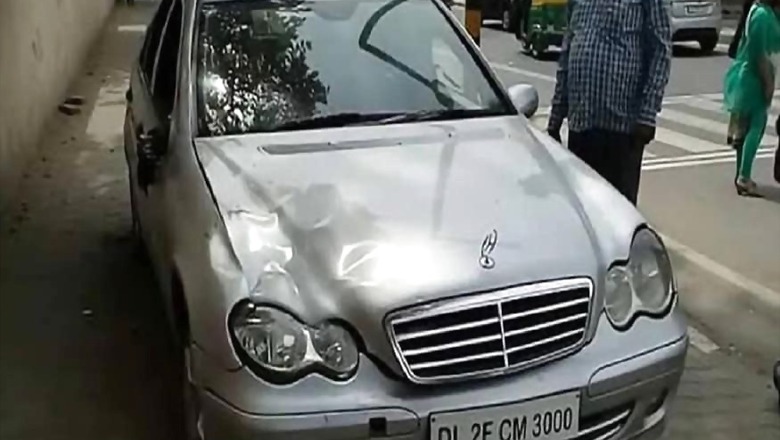
views
New Delhi: In 2016, a young man in Delhi lost his life when a speeding Mercedes Benz ran over him.
The person behind the wheels was four days short of 18. He had been fined thrice before for traffic violations while he drove his father's car.
The Supreme Court on Thursday confirmed that the accused will not serve even a day behind bars. He shall be tried as a juvenile and kept under observation, if and when held guilty.
“We are not solving a jigsaw puzzle... we cannot add or substitute word in a law. When two interpretations are possible, the one in the benefit of juveniles has to be adopted," said a bench headed by Justice Deepak Gupta.
While reading out the operative part of the judgment, Justice Gupta said the crime alleged of cannot fall under the category of 'heinous' offence under the Juvenile Justice Act.
The judge said that when the legal provision is clear, it is not possible to interpret it otherwise. "We are bound by law," he added.
The point of contention before the top court was about interpretation of the legal provision dealing with offences where no minimum punishment has been prescribed.
In the present case, the juvenile was charged under Section 304 of the IPC for culpable homicide not amounting to murder. While the maximum punishment is up to the life term and up to 10 years in jail under two different sets of crimes under Section 304, no minimum punishment is there.
However, Juvenile Justice Act lays down that a juvenile can be tried as an adult only in cases of 'heinous' offences where the minimum punishment is seven years in jail.
While the juvenile board held that the delinquent must be tried as an adult since he had ample knowledge of the dangers of the act and in view of his mental capacity, the Delhi High Court decided against it.
Sister of 32-year-old marketing executive Siddharth Sharma, the victim, challenged this order in the Supreme Court.
Senior advocate Sidharth Luthra tried his best to show that the Juvenile Justice Act was silent on how to deal with a category of offences where the minimum punishment has not been provided. He contended that present was a case fit to interpret the law to hold it must fall in the category of heinous offences.
The court, however, did not agree with Luthra. It acknowledged the fourth category of offences under the IPC wherein no minimum punishment is there but refused to categorise them as heinous offences.
Justice Gupta said Parliament should amend the Act to fill up this lacuna and till such time, the law is amended, such offences will be treated as 'serious' offences in which a delinquent may be lodged in an observation home and can be put under supervision for a period between 3 and 7 years.
The top court implored upon the law makers to bring about the amendments but said that in this case, the accused cannot be tried as an adult.




















Comments
0 comment